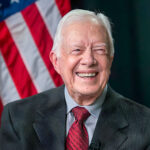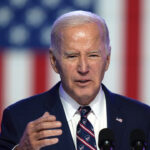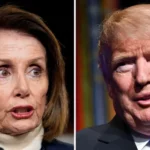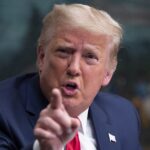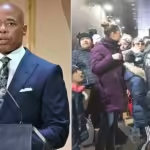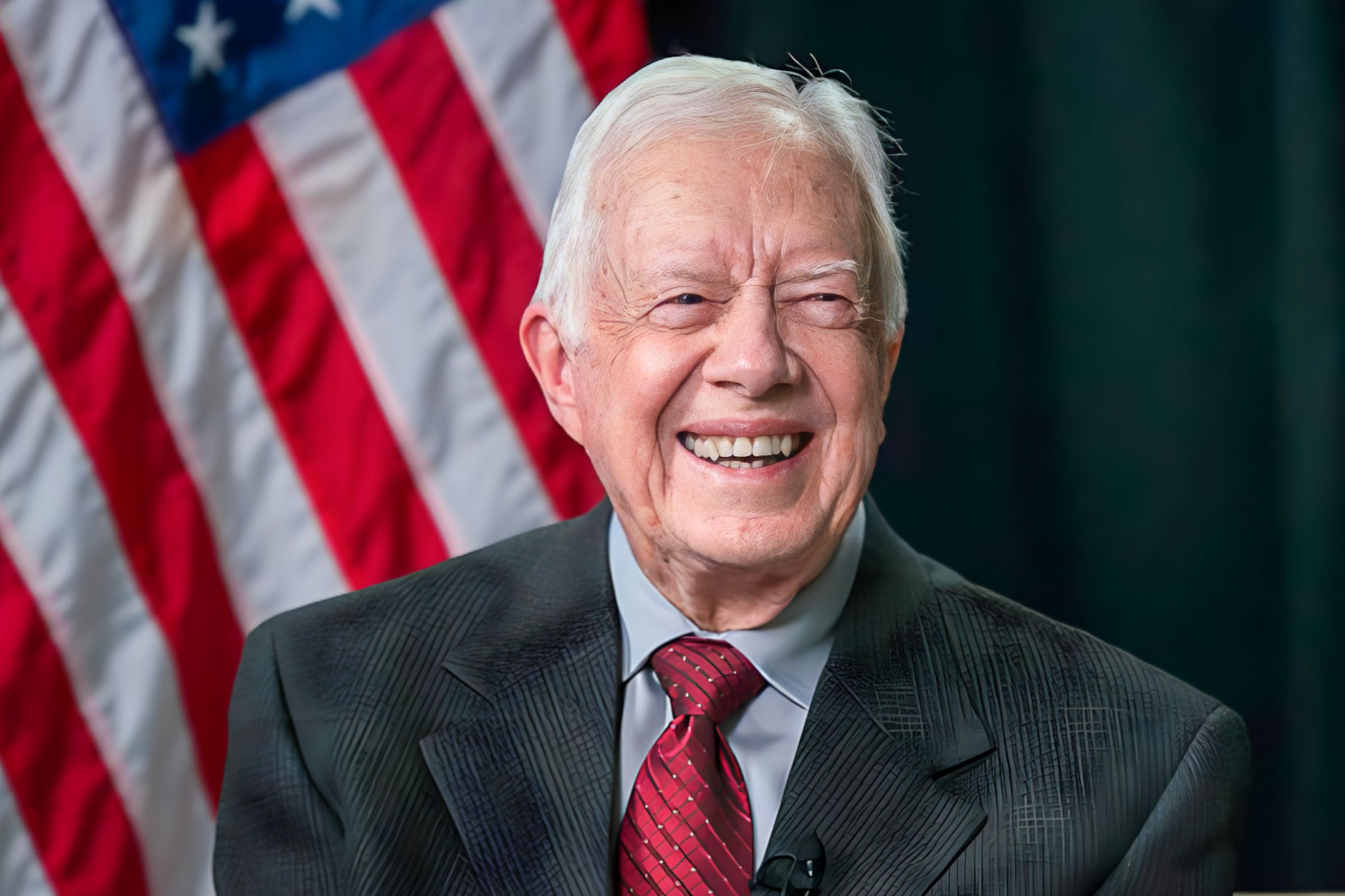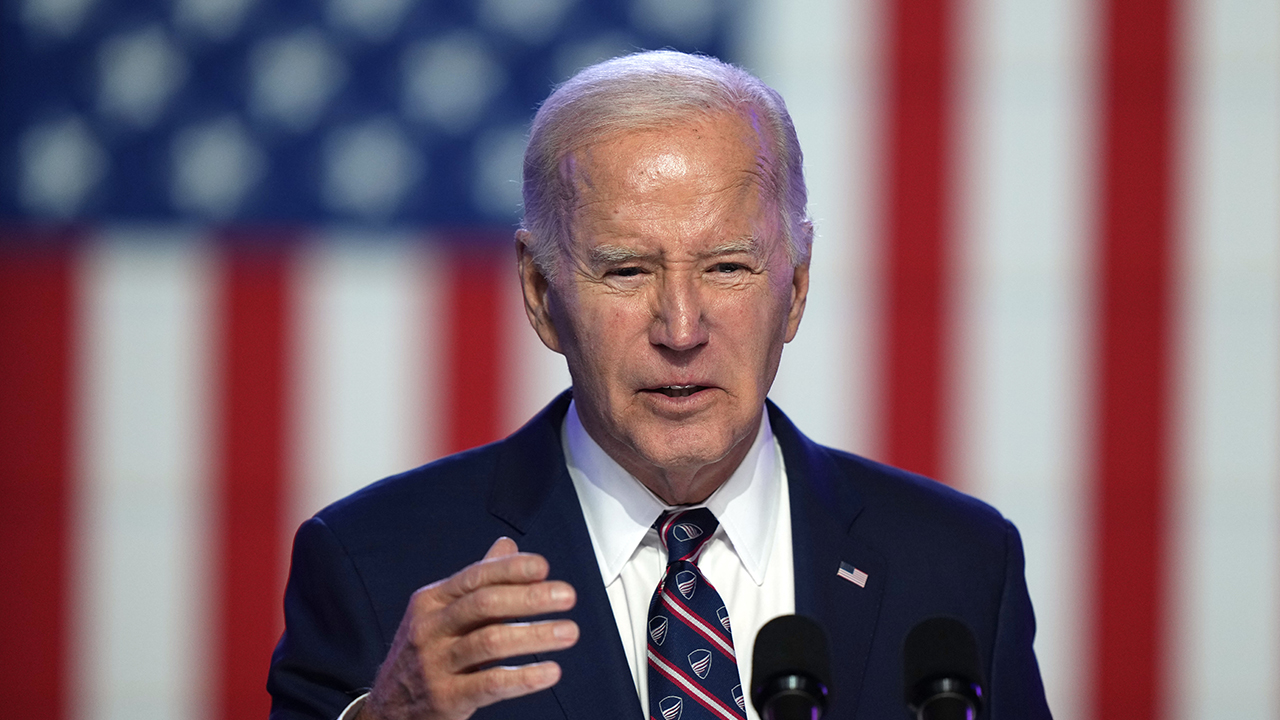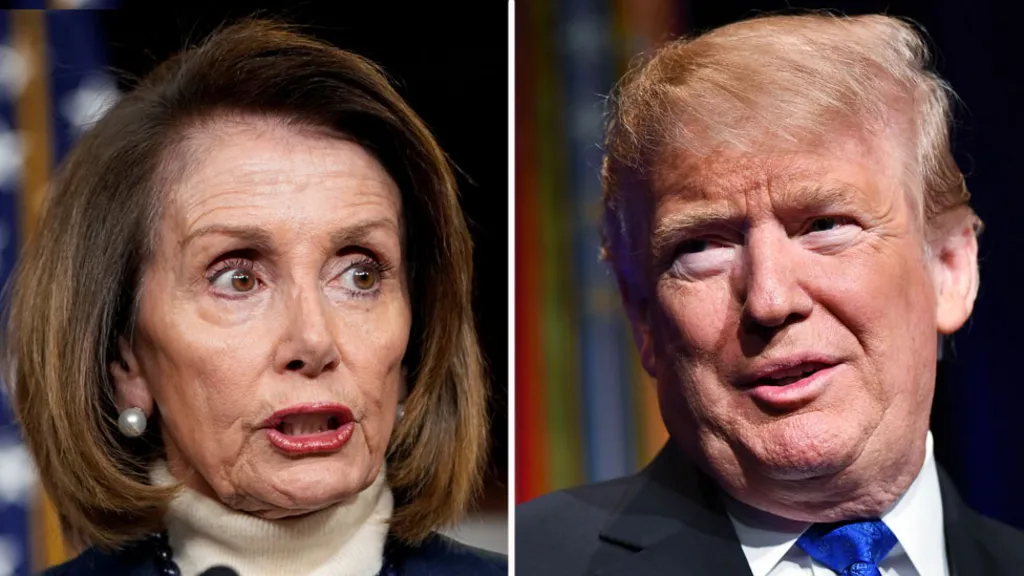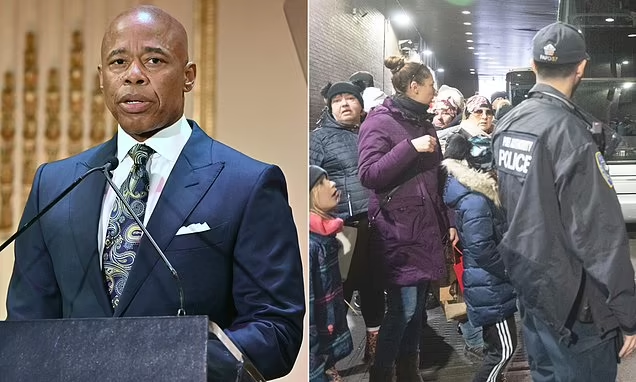In a recent social media post, former President Donald Trump issued a warning, threatening to jail those he claims are involved in fraudulent activities in the upcoming election. With just days left before his anticipated debate against Vice President Kamala Harris, Trump vowed to prosecute those who “cheated” and promised long prison sentences for anyone engaging in what he labeled “unscrupulous behavior.”
“When I win, those people that CHEATED will be prosecuted to the fullest extent of the Law, which will include long-term prison sentences so that this Depravity of Justice does not happen again,” Trump wrote, implying widespread fraud despite no evidence supporting such claims in previous elections. His remarks were aimed at a broad group, including lawyers, political operatives, illegal voters, and election officials. This statement underscores his recurring efforts to undermine confidence in the electoral process, despite courts and officials dismissing his claims of fraud in the 2020 election.
Trump’s comments come just days before what may be his only debate with Harris. His team has advised him to focus on pressing issues like inflation and border security, which could resonate with voters. However, Trump’s recent speeches and social media posts have focused on grievances over his legal battles, accusations of election fraud, and his opposition to the Biden administration. On Friday, he appeared in court for a hearing regarding his legal appeal over a sexual abuse case and took the opportunity to rehash accusations of sexual misconduct, overshadowing his campaign’s policy messaging.
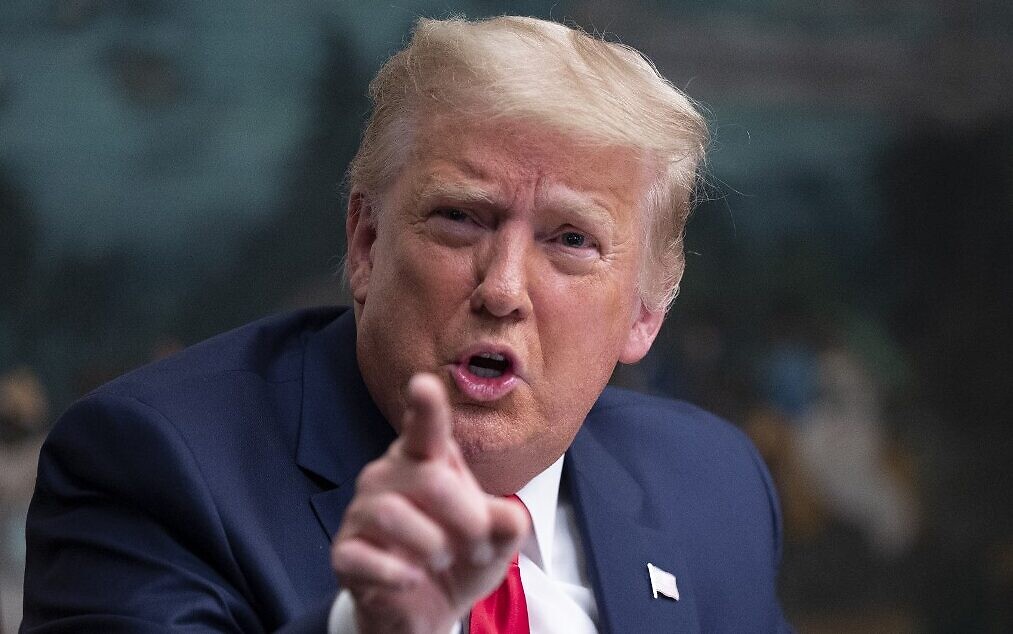
Debate Preparation and Campaign Strategies
Harris, meanwhile, has been preparing for the debate in a more traditional manner, working closely with her aides in Pittsburgh. Her campaign is focused on presenting a message of unity and moving beyond the division that has characterized U.S. politics in recent years. Harris has also drawn attention by securing the endorsements of notable Republicans like former Vice President Dick Cheney and his daughter, Liz Cheney. She stated her desire to bring the country together, highlighting the need for bipartisan cooperation and a fresh start.
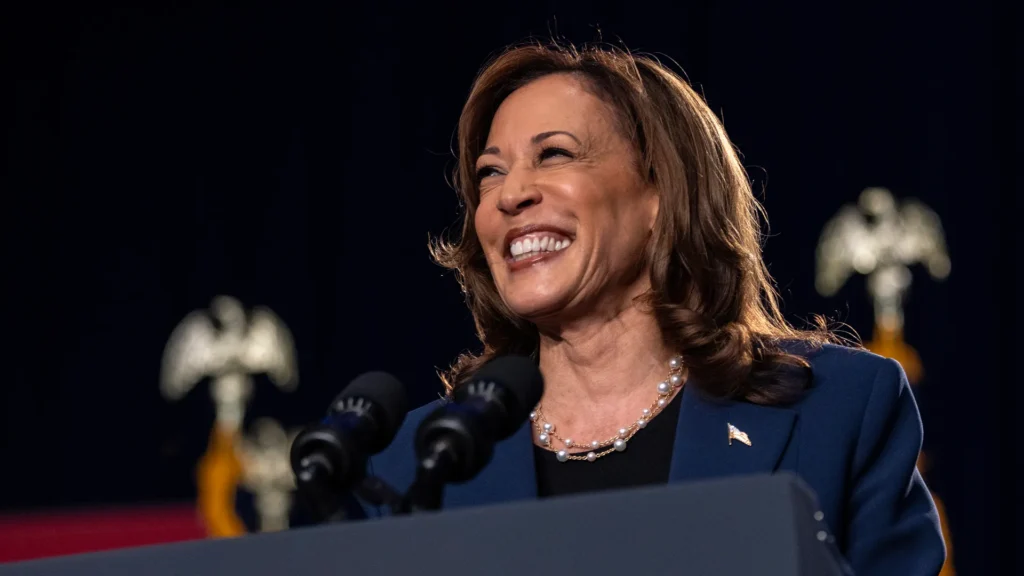
As Trump holds rallies across battleground states like Wisconsin, Harris has kept a more low-profile presence. However, both candidates recognize the significance of winning over voters in key states like Wisconsin, which has been pivotal in recent elections. Trump and Harris are locked in a tight race there, with polls indicating a close contest.
Trump’s Campaign Rhetoric and Legal Battles
At a rally in central Wisconsin, Trump reiterated his promises to “drain the swamp,” echoing his 2016 campaign slogan. He pledged to overhaul the Department of Justice (DOJ) if re-elected, promising that his DOJ would focus on targeting “bloodthirsty cartels, transnational gangs, and radical Islamic terrorists” rather than prosecuting his political allies. Trump also vowed to review the cases of what he called “political prisoners” and to pardon those convicted in connection to the January 6 Capitol riots, which he continues to describe as a witch hunt by the current administration.
Trump’s rhetoric has become increasingly aggressive, with references to “anarchy” and “tyranny” if Harris and the Democrats win in 2024. He also revived his criticism of U.S. border policies, accusing the Biden-Harris administration of bringing in “murderers, child predators, and serial rapists” through lax immigration enforcement. However, data has consistently shown that immigrants, including those without legal status, commit fewer crimes than native-born citizens, and violent crime rates have been declining.
As the debate approaches, Trump’s rhetoric indicates a strategy focused on grievances, legal threats, and his base’s loyalty. Harris, on the other hand, aims to appeal to voters exhausted by political division, calling for unity and bipartisan cooperation. With the election season heating up, the debate will offer a crucial moment for both candidates to present their case to the American public.

